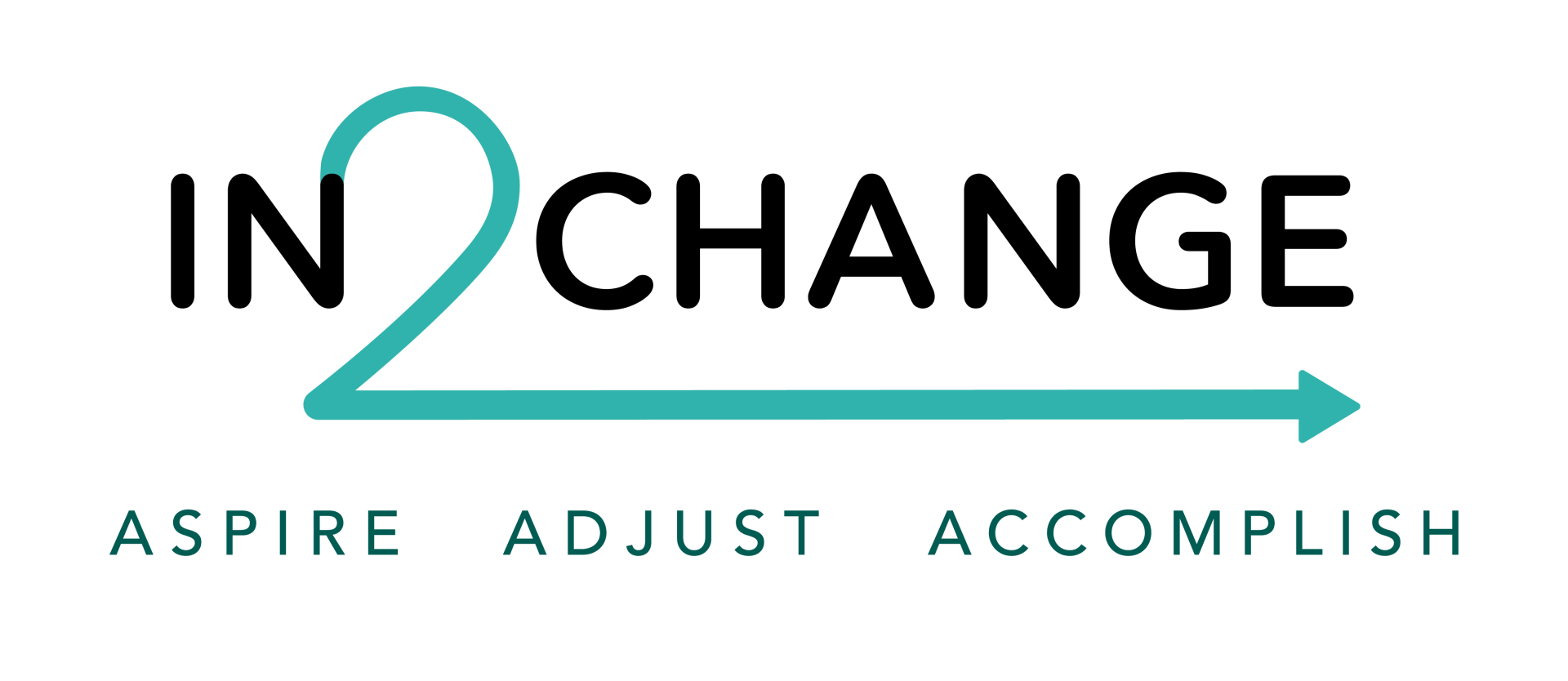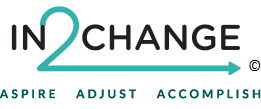pROGRAMMES
In2Change
Volunteer experience for ex-offenders, prisoners and students
Helping to prevent reoffending
- Substance Misuse
- Conflict Resolution
- Offending and Reoffending Behaviour
- School Exclusions
- CSE/CCE and Safeguarding
- County Lines
- Domestic Violence
- Independent Living and Employability
- Extremism and Hate Crime
Programmes
Make A Change –
M.A.C. Project
(1 day)
A successful early intervention targeting young people, this intensive programme is factual and realistic charting the consequences of lived experienced staff with knowledge of crime and prison life. The “M.A.C.” Project is an initiative that aims to educated, reduce crime, anti-social behaviour and school exclusions amongst young people aged 10-16 and young adults 16-20. We support the rehabilitation of existing prisoners within Her Majesty’s Prisons.
The 10-16 programme is aimed at young people who are at risk of becoming involved in criminality, exclusion from school, or display risky behaviour. The 16-19 programme is for young adults who are at risk, involved in criminality or are repeat offenders. We have delivered this programme for 16 years and have countless success stories and endorsements. (see success page)
Presented by ex-offenders,
a lived experience team and students covering:
- Prison Overview – All aspects of prison life
- Stereotypes - Victim or offender?
- Role play – Remedy to risky behaviour
- Prison – Judicial process court and prison scenario
- Family life – Consequences and impact
- Missed opportunities in life
Time 2 leave (Domestic abuse programme)
With a significant increase in domestic abuse cases
IN2CHANGE have designed a programme, funded by South Yorkshire Violence Reduction Unit, that aims to educate young people and adults regarding the dangers of domestic abuse and coercive behaviours. Whilst the programme primarily targets young people, this does not exclude delivery to adults, teachers, and other organisations.
'Time 2 leave’ will demonstrate the domino effect, how different categories of domestic abuse can lead to many overlapping challenges that cause multiple disadvantages. These include intercepting needs leading to poor mental health, coercive control, substance misuse behaviour, misconduct, or criminal activity. The course will give the opportunity for delegates to share their own experiences and can be sign posted for help and support. This will be delivered at two levels to accommodate different educational needs.
PROGRAMME CONTENT:
INTRODUCTION
– Meet the team.
DA EDUCATION - Using roll play and presentations we discuss and explore types of abuse, how to spot signs/ early indicators of an abuser and effects of abuse on victims and perpetrators.
SIGNPOST - Discuss what help and support is available and encourage posters and resources to be available at school for reporting abuse or uncomfortable circumstances potentially being experienced.
DA STORY – Introduction to lived experience speaker of their abuse.
Q&A – questions from the group.
ACTIVITIES – Interactive follow up sessions available for those who feel they need support, individually or as a group. Topics covered include: healthy relationships, building support networks, seeking help etc.
BY DOING SO WE:
- Improve family cohesion.
- Create a safer environment for young people.
- Educate how to seek help for DA.
- Reduce risks to young people by enhanced education on abuse.
- Encourage young people to report abuse..
- Educate on the signs and indicators of abuse.
- Create an understanding of healthy relationships.
- Encourage the use and understanding of trauma informed practice.
Time 4 Change
(6-week programme) and Pshe
Course content:
- Bullying
- Identifies issues and consequences of bullying from a victim and prisoner's perspective.
- Substance Misuse
- Shows the hierarchy of drugs and gives an insight to the dangers and escalation of
- low-level drug use
- Attitudes, thinking and behaviour
- Challenges young people into what is right and wrong, their respect of authority and parents
- Diversity
- Raising the awareness of cultural differences within a learning environment, challenging integration.
- Truancy
- Seen from an ex-offender's point of view, the effects, the damage, and social exclusion
- Crime and Consequences
- Effects of crime, victim awareness and codes of ethic
Y.E.S - Youth early support programme
Our current Make A Change (M.A.C) Programme targets 11-16 year olds and aims to help young people who are at risk of entering the justice system. This is something that younger children cannot relate to.
Our new Y.E.S programme is tailored towards 8-12 year olds. This will be done by adapting the M.A.C programme using information from the latest research and taking inspiration from other groups in the local area. A key change is that instead of displaying a mock prison cell as we do in M.A.C, we will have a mock secure children's home room.
HOW THIS RUNS:
As supported by research, it will be:
- A one day course
- Delivered in 30 minute intervals
- Interactive workshops
- Role play including mock court and secure children's room.
Spiking programme
We have recently introduced our new Spiking Programme to our repertoire and have already seen great interest in it from schools and universities. It is very important for young people to have greater awarness of spiking and our lived experience speaker to use their story to help educate young people and adults on this very serious and growing issue.
The programme covers the following:
- What is spiking?
- Different types of spiking - this will include ways and different drugs that someone can use and do to spike an individual. This part of the presentation will also include side effects of the most common drugs used for spiking and their symptoms.
- Ways to stay safe on a night out - this will cover how to make sure you are safe from getting spiked.
- How to help someone who you think has been spiked - includes contacts and information on how to report spiking and how to help victims of spiking.
- Lived experience - Our lived experience staff will tell their story on how it happened to them and how it has effected them.
Child Sexual Exploitation (CSE) programme
The CSE programme will be delivered by trauma informed practitioner, that will be used for educational and awareness purposes for young people.
It is crucial for young individuals to be aware of grooming and CSE risks and to know the signs.
COURSE CONTENT:
- What CSE is?
- Knowing Signs of CSE.
- Categories of CSE.
- How to seek help if you are a victim or know anyone who is a victim of CSE.
Consultancy Packages –
(1 Week) P.O.A.
The success of this project can be measured in its outcomes:
- Street terminology
- New trends and innovations
- Cultural awareness
- What crimes are prevalent in what communities
- Insight into the criminal mind from reformed offenders
- Strategies for early intervention

